Acclaim for
AMITAV GHOSHS
IN AN ANTIQUE LAND
Delightful This curious book [is] a mixture of history, travelogue, social anthropology and personal memoir. Ghosh skillfully draws our attention to parallels and contrasts to both the medieval and the modern stories.
Washington Post Book World
Ghosh has found his own distinctive voicepolished and profound wistful in its tone, assured in its achieved vision.
The Times Literary Supplement (London)
Remarkable Ghosh uses his writing skill to create captivating vignettes, [and] offers a subtle glimpse into ordinary life in contemporary rural Egypt in a manner that at times rivals anything by the masters of social realism in modern Egyptian literature. The painstaking research and astonishing attention paid to minute details [are] admirable. [Ghosh is] an uncannily honest writer.
Anton Shammas, The New York Times Book Review
An inviting travel tale In an Antique Land revolves around Egypt past, present and metaphorical, and relies on a large assemblage of characters to give [it] shape. Ghosh details the various stories in this book with energetic descriptions and his own research.
San Francisco Chronicle
Fascinating the tiny peephole Ghosh has opened into the Middle East of the twelfth century reveals a compelling and terrible diorama.
Boston Globe
Like the best travelogues, this book is also an intellectual and historical journey. Ghoshs closeness to the villagers gives life and color to his gradual discovery of their customs, history and culture.
Washington Times
Extraordinary: a travel book that reaches back into the twelfth century as it touches on the dilemmas of our own time.
Sunday Times (London)
Ghosh is an engagingly humble and receptive traveller. A refreshing reversal of the usual power relationship between the observing (European) travel writer and his indigenous subjects.
The Guardian (London)
A rich and satisfying journey.
The Times (London)
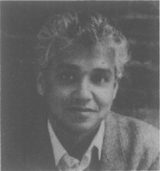
AMITAV GHOSH
IN AN ANTIQUE LAND
Amitav Ghosh was born in Calcutta in 1956 and studied in New Delhi, Oxford and Alexandria. He has traveled extensively throughout Europe, the Middle East and North Africa and has taught at New Delhi, the University of Virginia and Columbia University. He is the author of two widely acclaimed novels, The Circle of Reason and The Shadow Lines.
BOOKS BY AMITAV GHOSH
The Circle of Reason
The Shadow Lines
In an Antique Land
FIRST VINTAGE DEPARTURES EDITION, APRIL 1994
Copyright 1992 by Amitav Ghosh
All rights reserved under International and Pan-American Copyright Conventions. Published in the United States by Vintage Books, a division of Random House, Inc., New York. Originally published in hardcover in Great Britain by Granta Books, London, in 1992. First published in the United States by Alfred A. Knopf, Inc., New York, in 1993.
Library of Congress Cataloging-in-Publication Data
Ghosh, Amitav.
In an antique land/Amitav Ghosh.1st Vintage Departures ed.
p. cm.
Originally published: New York: A. A. Knopf, 1993.
eISBN: 978-0-307-79226-6
1. Ghosh, AmitavJourneysEgypt. 2. Ben Yij, Abrahim 12th cent.
3. Merchants, JewishEgyptBiography. 4. Bomma, 12th cent.
5. SlavesEgyptBiography. I. Title.
DT56.2.G48 1994
916.204.2dc20 93-43555
Author photograph Jerry Bauer
v3.1
For Debbie
CONTENTS

PROLOGUE

T HE SLAVE OF MS H.6 first stepped upon the stage of modern history in 1942. His was a brief debut, in the obscurest of theatres, and he was scarcely out of the wings before he was gone againmore a prompters whisper than a recognizable face in the cast.
The slaves first appearance occurred in a short article by the scholar E. Strauss, in the 1942 issue of a Hebrew journal, Zion, published in Jerusalem. The article bore the title New Sources for the History of Middle Eastern Jews and it contained transcriptions of several medieval documents. Among them was a letter written by a merchant living in Adenthat port which sits, like a fly on a funnel, on the precise point where the narrow spout of the Red Sea opens into the Indian Ocean. The letter, which now bears the catalogue number MS H.6, of the National and University Library in Jerusalem, was written by a merchant called Khalaf ibn I
 aq, and it was intended for a friend of his, who bore the name Abraham Ben Yij. The address, written on the back of the letter, shows that Ben Yiju was then living in Mangalorea port on the south-western coast of India. In Strausss estimation, the letter was written in the summer of 1483 AD .
aq, and it was intended for a friend of his, who bore the name Abraham Ben Yij. The address, written on the back of the letter, shows that Ben Yiju was then living in Mangalorea port on the south-western coast of India. In Strausss estimation, the letter was written in the summer of 1483 AD .
In the summer of its writing, Palestine was a thoroughfare for European armies. A German army had arrived in April, led by the ageing King Conrad III of Hohenstaufen, known as Almn to the Arabs. Accompanying the king was his nephew, the young and charismatic Frederick of Swabia. The Germans struck fear into the local population. That year the German Franks arrived, wrote an Arab historian, a particularly fearsome kind of Frank. Soon afterwards, King Louis VII of France visited Jerusalem with his army and a retinue of nobles. Travelling with him was his wife, the captivating Eleanor of Aquitaine, the greatest heiress in Europe, and destined to be successively Queen of France and England.
It was a busy season in Palestine. On 24 June a great concourse of the crowned heads of Europe gathered near Acre, in Galilee. They were received by King Baldwin and Queen Melisende of Jerusalem, with their leading barons and prelates, as well as the Grand Masters of the Orders of the Temple and the Hospital. King Conrad was accompanied by his kinsmen, Henry Jasimirgott of Austria, Otto of Freisingen, Frederick of Swabia, Duke Welf of Bavaria, and by the margraves of Verona and Montferrat. Among the nobles accompanying the King and Queen of France were Robert of Dreux, Henry of Champagne, and Thierry, Count of Flanders.
Between festivities, the leaders of the crusading armies held meetings to deliberate on their strategy for the immediate future. There was a divergence of views amongst them, their enemies noted, but at length they came to an agreed decision to attack the city of Damascus For the Muslim rulers of Jordan and Syria, who had only just begun to recover from the first hundred years of the Crusades, this was a stroke of unexpected good fortune because Damascus was at that time the only Muslim state in the region that had friendly relations with the Crusader kingdoms.
On 24 July 1148 AD the greatest Crusader army ever assembled camped in the orchards around Damascus. Its leaders had some successes over the next couple of days, but the Damascenes fought back with fierce determination and soon enough the Crusaders were forced to pack up camp. But Turcoman horsemen hung upon their flanks as they withdrew, raining down arrows, and the retreat rapidly turned into a rout. After this battle the German Franks returned wrote the Arab historian who had so dreaded their arrival, to their country which lies over yonder and God rid the faithful of this calamity.



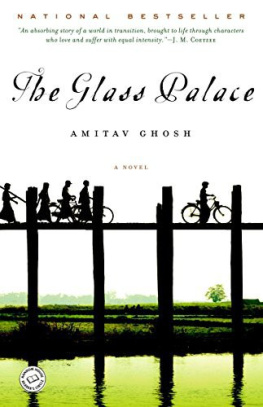
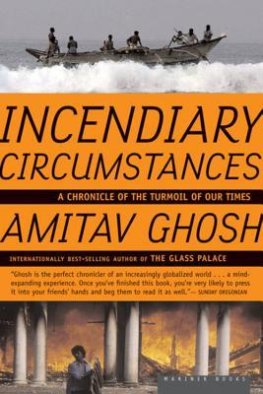

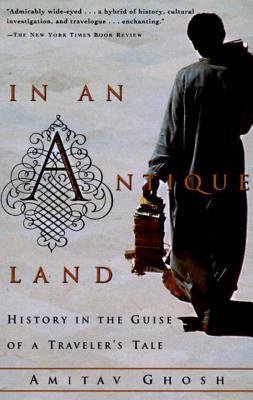


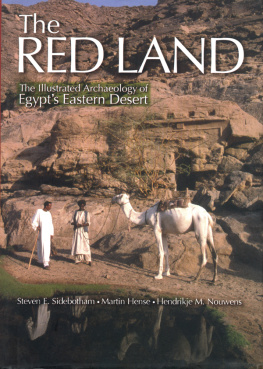
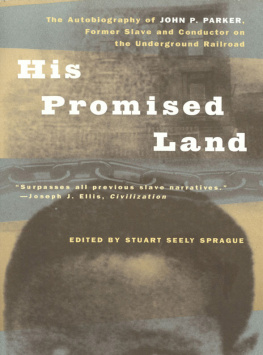
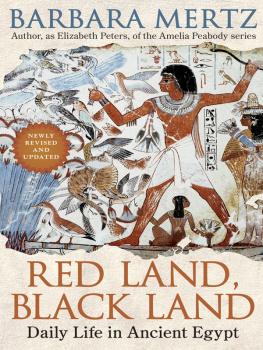
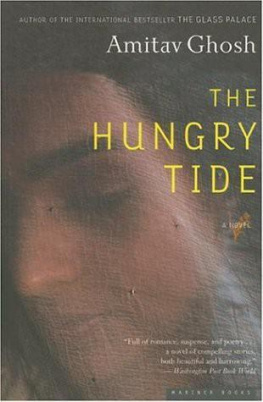

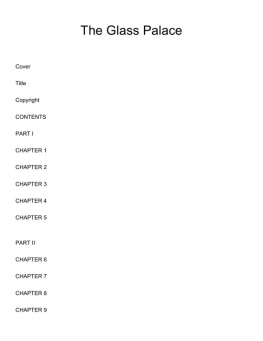
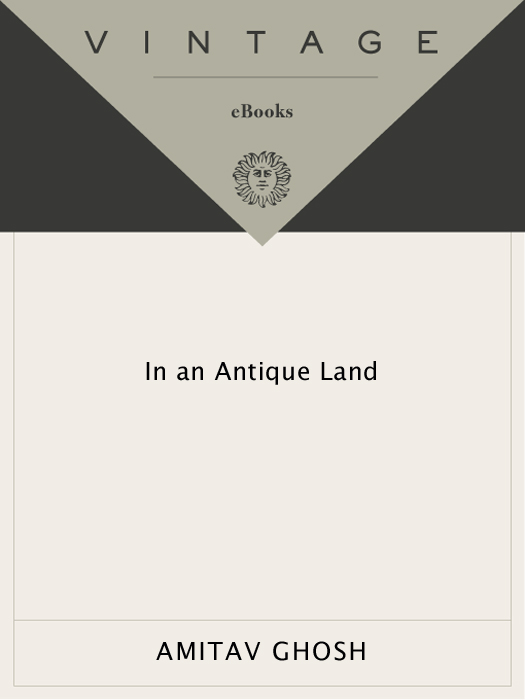

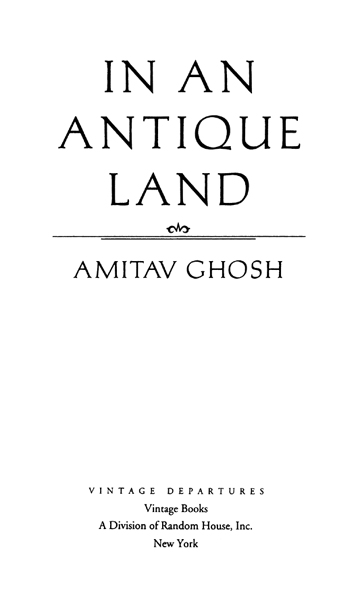


 aq, and it was intended for a friend of his, who bore the name Abraham Ben Yij. The address, written on the back of the letter, shows that Ben Yiju was then living in Mangalorea port on the south-western coast of India. In Strausss estimation, the letter was written in the summer of 1483 AD .
aq, and it was intended for a friend of his, who bore the name Abraham Ben Yij. The address, written on the back of the letter, shows that Ben Yiju was then living in Mangalorea port on the south-western coast of India. In Strausss estimation, the letter was written in the summer of 1483 AD .